Chongqing Plant Leasing teaches you hydroponic Plant Culture skills
People who love hydroponic plants all know that most of the hydroponic plants on the market now belong to Araceae, Liliaceae and crassulaceae, and the more common plants are green apple, Anthurium andraeanum, white palm, hanging orchid, tiger tail orchid, and hyacinth.
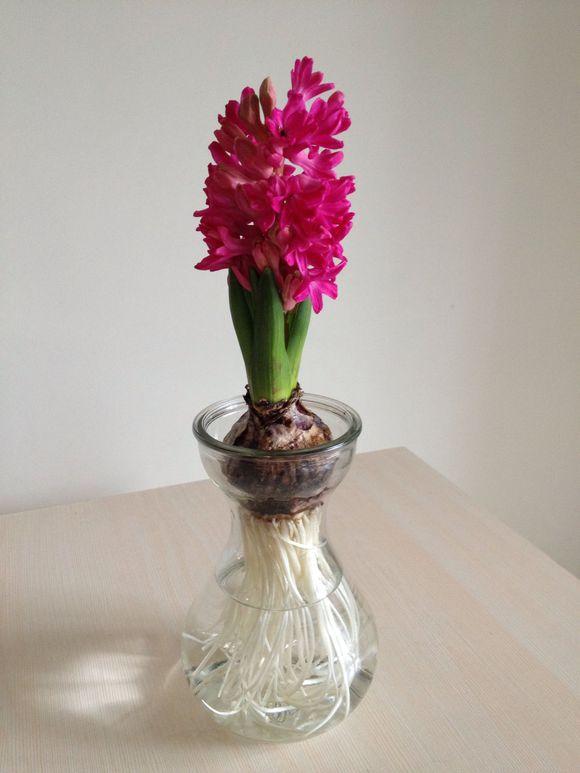
In fact, some succulent plants can also be hydroponically cultivated, such as cactus, Guanyin lotus, Phnom Penh orchid, peacock taro, twelve rolls and so on.
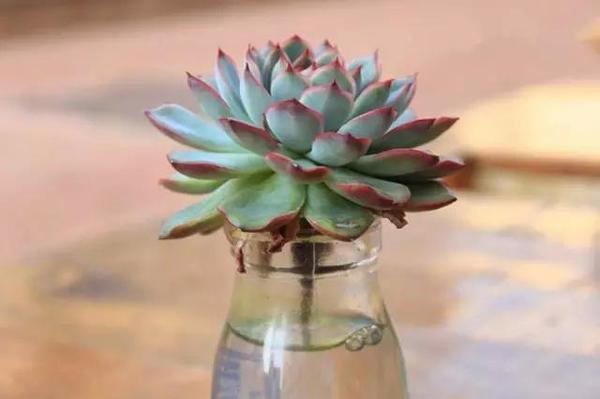
If hydroponic plants want to grow well, Xiaobian believes that the most important thing is to "remove soil and wash roots", otherwise it will affect the normal growth of hydroponic plants and the infection of diseases and insect pests. The second is maintenance. Daily water change, cleaning, pruning branches and leaves and rotten roots are the key to the survival of hydroponic plants.
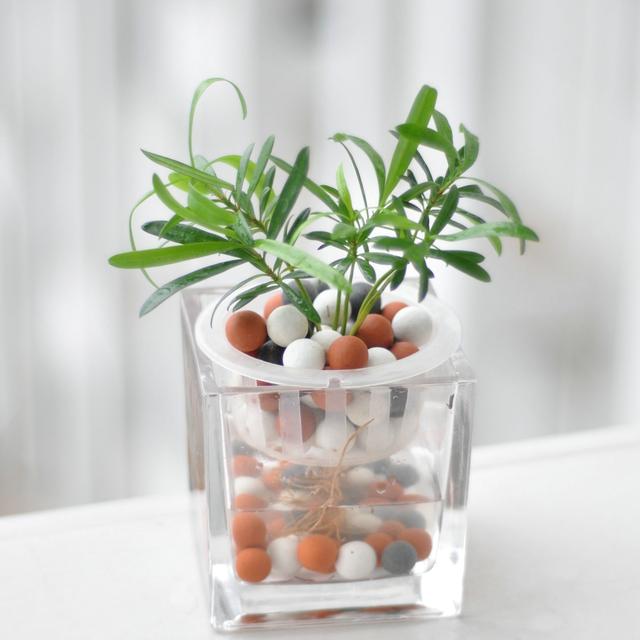
1. Take off the soil and wash the roots. Pour the selected plants out of the soil, gently shake and pat, then soak in clean water for 15-20 minutes, then gently wash the roots with hands and change water 2-3 times until the roots are completely soilless.
two。 Choose utensils. According to the variety, shape, specification and color of hydroponic plant materials, round glass jars, glass bottles, glass pots and other utensils should be selected.
3. Put it in the water. Put the washed plant with the root into the selected vessel and fix the root. You can choose simple and good-looking stone materials such as colored stone and Yuhua stone.
4. Temperature. The best temperature for hydroponic plant growth is 5mur30 ℃, more than 35 ℃. Most plants go into dormancy and need to stop spraying water. Chongqing is hot in summer, so outdoor hydroponic plants should be moved indoors to cool down.
5. Light. It is the natural light coming in from the window. Avoid direct sunlight in summer.
6. Nutrient solution. For plants that have just carried out hydroponic culture, it is not appropriate to add nutrient solution immediately. They should be kept in clear water for 10-15 days. After the plant has adapted to the hydroponic environment, a special nutrient solution for hydroponic culture should be added.
7. Change the water. In general, the water is changed every 5-10 days in spring and autumn, about 5 days in summer and 10-15 days in winter. When changing water, please expose half or 1/3 of the roots of the plant.
8. sanitary. With each change of water, clean water rinses the roots and containers of plants to build withered branches, fallen leaves and rotten roots, so as not to pollute the hydroponic environment.
9. Moisturize and keep warm. When the climate is dry, spray leaves with clear water to maintain humidity, you can choose a small spray bottle to spray water, it is appropriate to spray water twice a day. When the indoor temperature is lower than 5 ℃, you should pay attention to keep the plants warm.
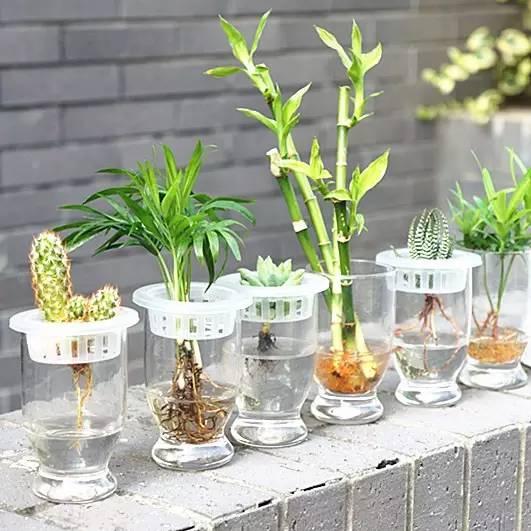
Basically, as long as you pay attention to these points, even if your hydroponic plants are cultivated successfully, what are you still doing? take action quickly.
- Prev
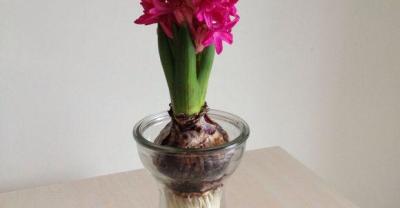
By accident, the boy from the countryside returned to his hometown to raise bamboo rats to get rich.
After graduating from university, Xiao Mo worked as a courier and did a lot of work at the construction site, but his wallet did not bulge, and his original dream gradually faded, physically and mentally exhausted.
- Next
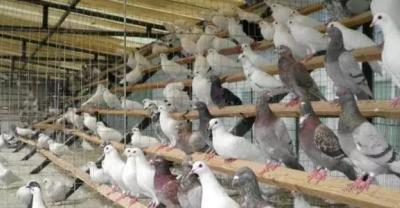
Culture methods and matters needing attention of Pinus elliottii
[money loose cultivation points] 1. Temperature: like a warm environment. It is more hardy and can endure a low temperature of 20 ℃, but it is best for small potted plants to move indoors when overwintering. 2...
Related
- On the eggshell is a badge full of pride. British Poultry Egg Market and Consumer observation
- British study: 72% of Britons are willing to buy native eggs raised by insects
- Guidelines for friendly egg production revised the increase of space in chicken sheds can not be forced to change feathers and lay eggs.
- Risk of delay in customs clearance Australia suspends lobster exports to China
- Pig semen-the Vector of virus Transmission (4)
- Pig semen-the Vector of virus Transmission (3)
- Five common causes of difficult control of classical swine fever in clinic and their countermeasures
- Foot-and-mouth disease is the most effective way to prevent it!
- PED is the number one killer of piglets and has to be guarded against in autumn and winter.
- What is "yellow fat pig"? Have you ever heard the pig collector talk about "yellow fat pig"?

